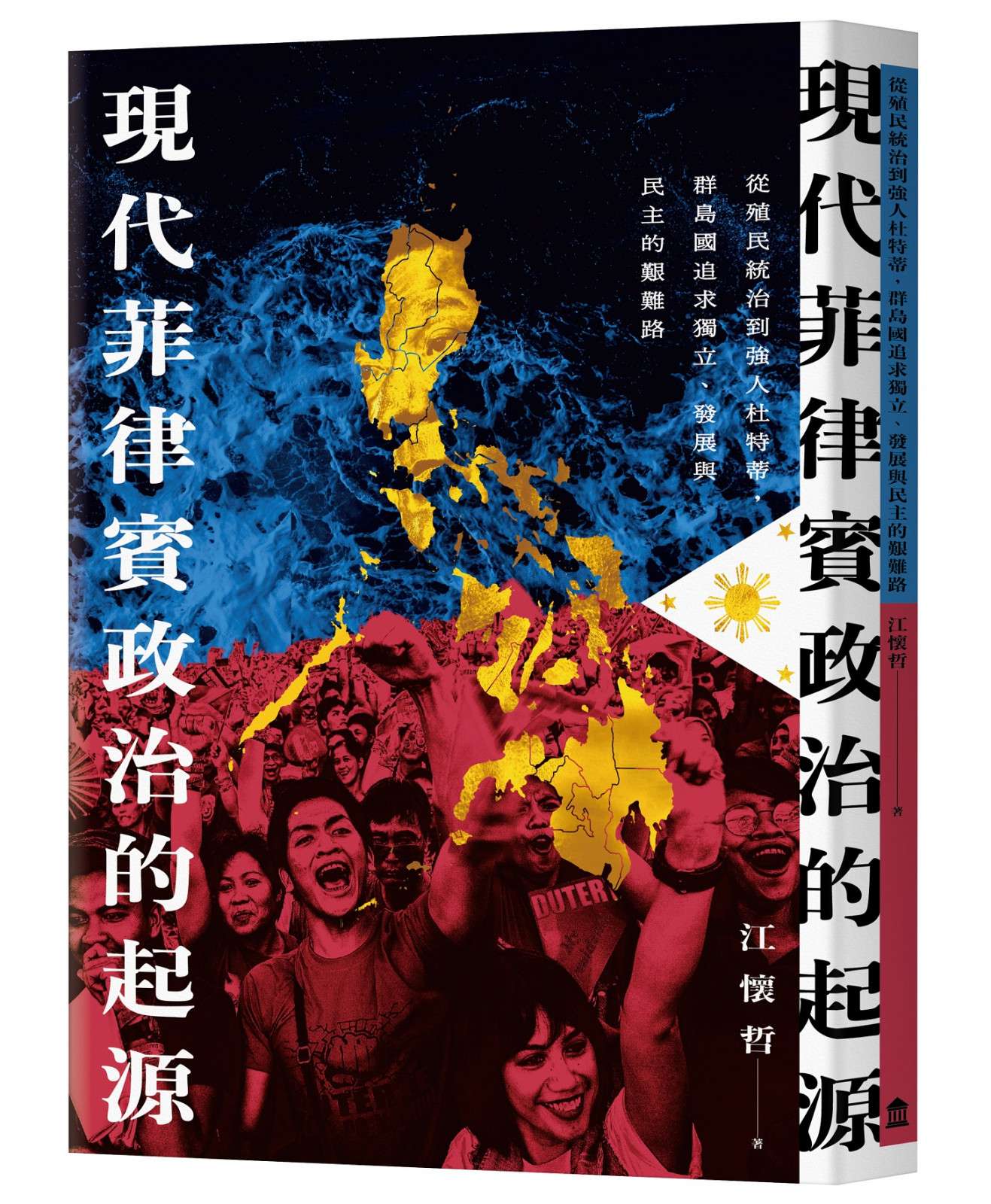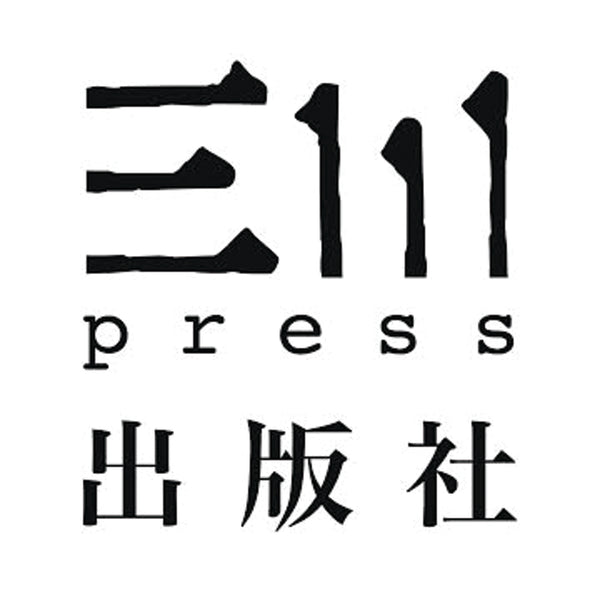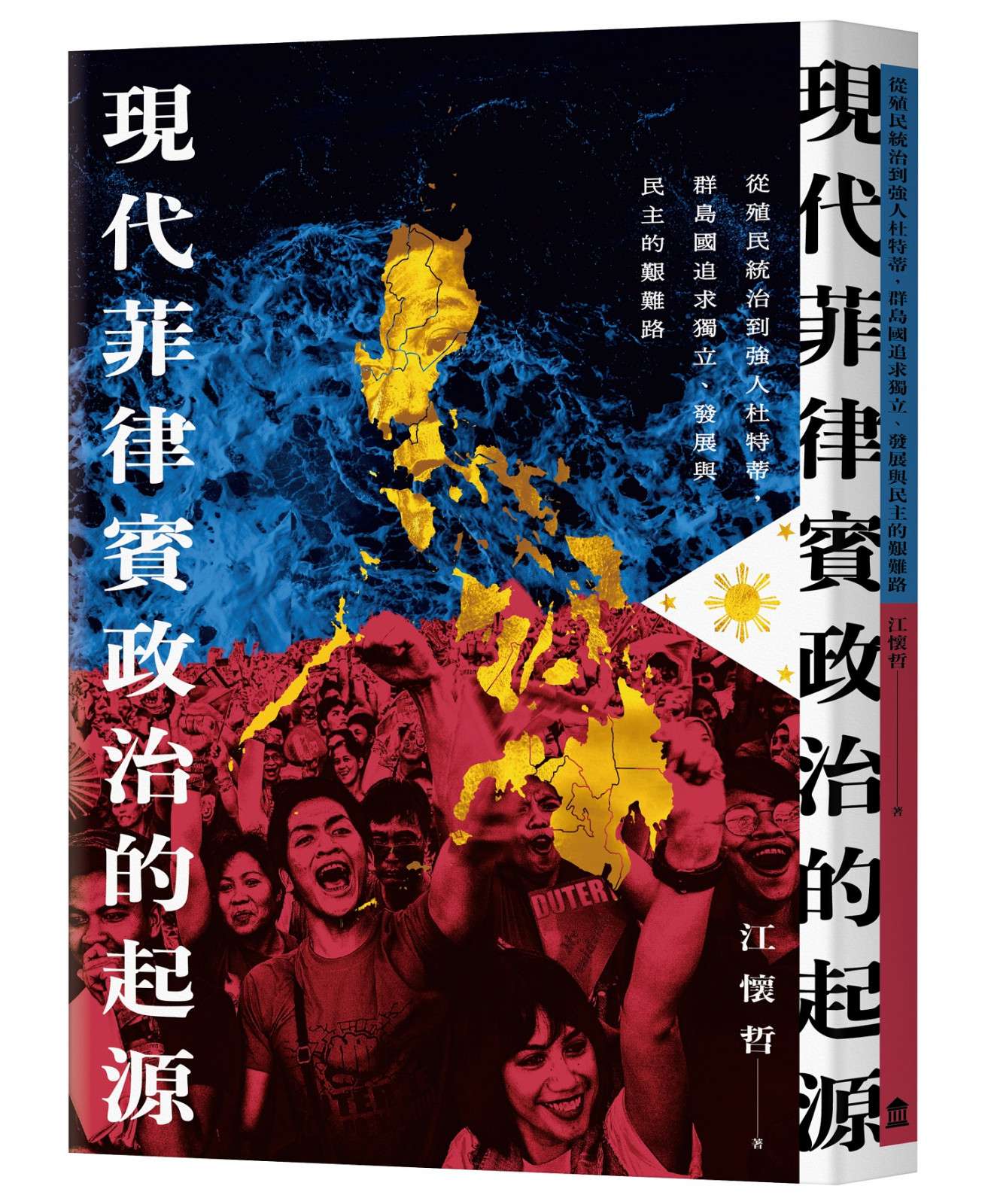The Origins of Modern Philippine Politics: From Colonial Rule to Strongman Duterte, the Archipelago's Difficult Journey to Independence, Development, and Democracy
The Origins of Modern Philippine Politics: From Colonial Rule to Strongman Duterte, the Archipelago's Difficult Journey to Independence, Development, and Democracy
In stock
Couldn't load pickup availability
ISBN/EAN: 9786269588541
出版日期: 2022-04-27
页数: 232页
语言: Traditional Chinese
What history and political, economic and social structures have shaped the modern Philippines?
This book sorts out the past and present of the political development of the Philippines.
Renovate the general public's stereotypes about Philippine history.
“Those who don’t know how to look back at where they came from will never reach their destination.”
―José Rizal, “Filipino National Hero”
In 2016, the Filipino people electing populist strongman Rodrigo Duterte as their president shocked the world. How should we understand the many controversies surrounding Duterte, and how did they originate and develop? What historical and political, economic, and social structures have shaped the modern Philippines and provided the conditions for Duterte's election and continued high poll numbers?
These questions are precisely the purpose of this book. Over the years, the author's passion for the Philippines has been transformed into a driving force in writing about the archipelago. By tracing the past and present of Philippine political development, this book not only reshapes the common stereotype of Philippine history but also lays the foundation for our understanding of Duterte.
This book chronicles the political development of the Philippines since colonial rule, from the Spanish and American periods to the independent Philippine Republic. It examines its tumultuous fate and the challenges, both old and new, that have emerged since democratization, concluding with the end of the Duterte era. Composed of three parts, the book covers "Making the Philippines" (the historical origins of what makes the Philippines what it is), "Forging the Republic" (the Philippines' struggles through the fusion of authoritarianism and democratization), and "Forging Duterte" (portraying the Philippines in its strongman and post-strongman eras), offering a compelling and accessible account of the Philippines' past, present, and future.
Since the colonial era, the Philippines has gradually established a political structure characterized by "strong localities and a weak central government." This has fostered governance problems and hindered significant reform, becoming the root cause of the Filipino public's frequent inclination toward populism or authoritarianism. This "strong localities and weak central government" refers to the prevalence of powerful and influential families in various provinces and cities. Their wealth may come from land or industry, while their political power may derive from colonial promotion or military exploits. These families not only monopolize key political positions in local government but also influence national policy through elected seats in the Philippine Congress. Consequently, any aspiring president must curry favor with these families to secure votes. To maintain their power, any president will be reluctant to promote policies and bills that undermine the interests of these powerful families.
Precisely because of this, Filipino voters, weary of powerful elite politicians who were indifferent to change and even exacerbated socioeconomic stagnation, have, over time, embraced Manuel Quezon, the nationalist strongman of the American colonial era; Ramon Magsaysay, a commoner and staunchly anti-communist during the early years of independence; Ferdinand Marcos, who imposed martial law; Joseph Estrada, a prominent populist politician after democratization; and Duterte, the world-renowned Duterte today, hoping that these individuals will bring about radical change upon taking power. Therefore, the Duterte phenomenon is not unique in Philippine political history; he is simply another figure in the despair of Filipinos, who have chosen to place their hopes.
"History doesn't repeat itself, it just rhymes." Despite similarities, the past and present are always different. The Duterte phenomenon stems in part from the swing of public opinion in Philippine politics, which has once again swung from a desire for good governance to a desire for quick fixes. However, we should also understand that Duterte's election victory and high-ranking administration are the long-term culmination of numerous political, social, and economic trends in contemporary Philippines, unique to this moment. Therefore, how to integrate these two interpretive approaches to Philippine political development—the "ordinariness of the pendulum" and the "uniqueness of linear evolution"—is a crucial issue that this book carefully addresses.
Jiang Huaizhe
Born in Xindian, New Taipei City in 1995, he holds a bachelor's degree in Diplomacy (with a minor in History) from National Chengchi University and a master's degree in International Relations and Political Studies from the University of Cambridge. Previously, he worked for the Taiwan-Asia Exchange Foundation and Foxconn Technology Group, and currently serves as a strategic advisor to a foreign technology company.
He has long focused on East Asian political and economic issues, and was awarded the "New Generation Conference Paper Award" at the 2016 Taiwan Southeast Asia Regional Studies Annual Symposium. He co-authored the book "Understanding the Southeast Asian Economy with Maps," and his related commentary articles have appeared in various Chinese and English media outlets.
Preface to the Philippines Map: An Island Republic on the North Equatorial Current: The Confluence of Diverse Powers and Self-Choice / Yang Hao (Distinguished Professor, Institute of East Asian Studies, National Chengchi University, and Executive Director of the Taiwan Asia Exchange Foundation)
Preface
【Part 1】Made in the Philippines
Chapter 1: The Archipelago Community Shaped by the Spanish <br />The Spanish Empire's Conquest and Rooting; The Prosperity and Restrictions of Manila, the Colonial Capital; The Slow Opening of the Colonial Philippines; The Rise of Filipino Nationalism Between Prosperity and Resistance
Chapter 2: The Contradictory Legacy of American Colonial Rule <br />The Philippine Revolution and Imperialist Collusion, the Broken Dream of Peace and the Philippine-American War, American Democracy and the Formation of a Weak State, the Path to Independence, and the Controversial Strongman Quezon
Part 2: Building a Republic
Chapter 3: The Rise and Fall of the New Republic <br />The heyday of the Philippines' "powerful democracy" The efforts and setbacks of building a modern nation Magsaysay's early death and the stagnant reform process Marcos's arrival The "first quarter storm" amidst the maneuvering of various parties
Marcos breaks the deadlock
Chapter 4: The Complex Reality of the Authoritarian Era <br />Under martial law, Marcos' vision for national development; Under a semi-feudal, semi-colonial environment, the Communist Party's power grab; Under pressure from both sides, Aquino's discourse and tactics; Authoritarian governance first flourished and then declined; The cooperation and disagreements of anti-Marcos forces; The People Power Revolution, and the elimination of Marcos and the Communist Party.
Chapter 5: Expectations and Disappointments of Democracy <br />Corarong, Ramos, and the Tightrope Walk of the Philippines: The Populist Counterattack on Democracy and the Misery of Arroyo: The Limits of Democratic Politics and the Impatience of the Middle Class
Part 3: Becoming Duterte
Chapter 6: Aquino's Fall, Duterte's Rise <br />Aquino: A Mixed Report From Aquino to Duterte: A Decade of Change A radical transformation of democratic politics, aided by the middle class and fellow villagers, led to Duterte's overwhelming victory.
Chapter 7: Six Years of Strongmen, Turbulent Changes <br />The bloody drug war, the old and new dilemmas of the police system; the falsification of official history, the struggle of memory; Mindanao, two and a half years of martial law; the encroaching specter of authoritarianism, every step is terrifying; a foreign policy with a strong personal touch and unconventional ideas; an unconventional and unsatisfactory economic policy; and the outlook for the 2022 Philippine election.
Postscript Chronology Bibliography
Share


